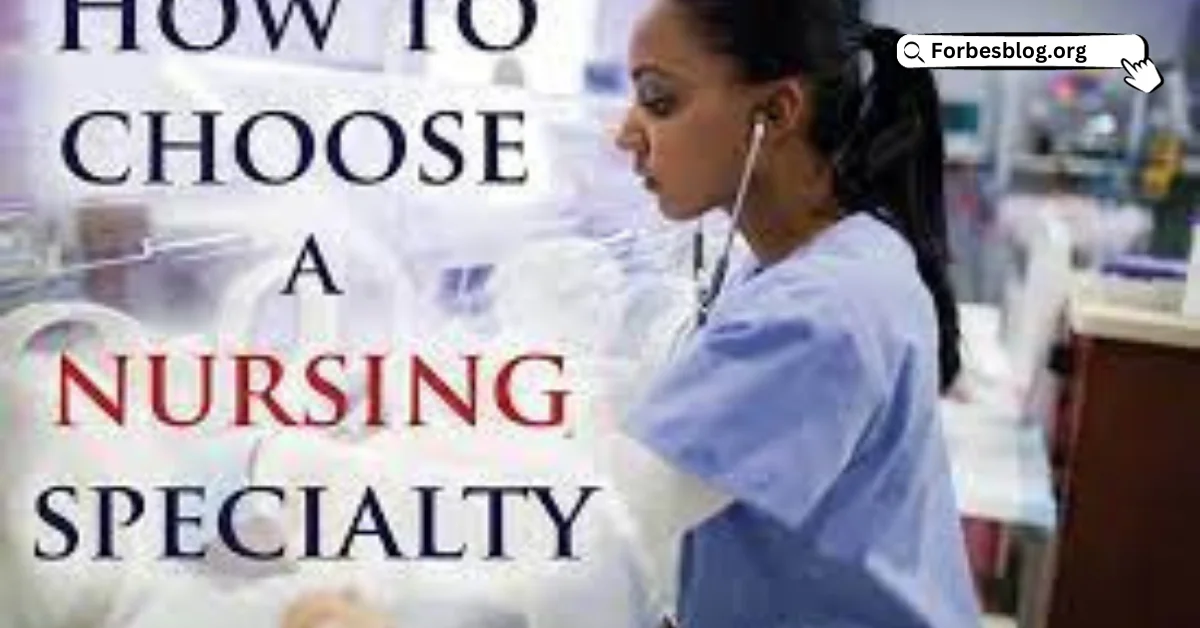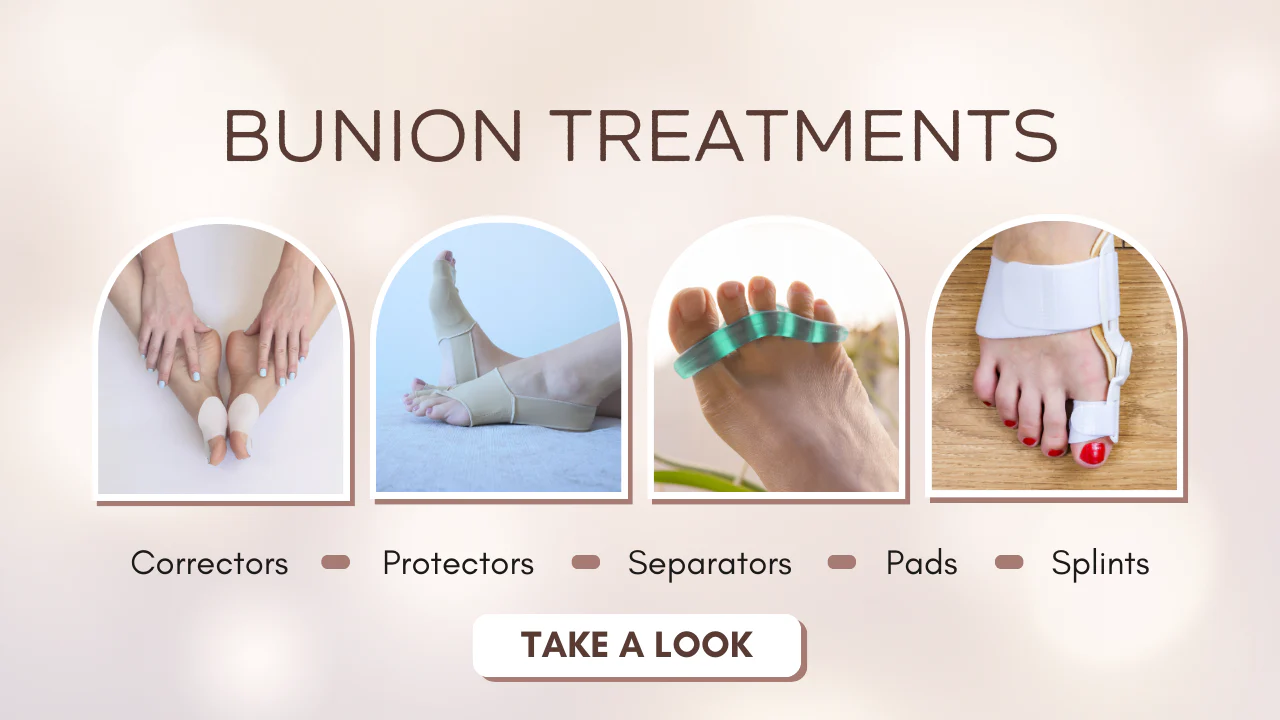There are few fields that are more in demand right now than nursing. With shortages all over the country in the middle of a public health emergency, it’s essential that we encourage more students to consider nursing programs.
What many people don’t realize is there are hundreds of nursing specialties and the work that they do can vary significantly. Though the media mostly shows emergency care and surgical nurses, you can work as a nurse in a research lab, government agency, or even internationally. If you want to learn more about nursing opportunities, read on to learn more about five fascinating nursing specialties.
Table of Contents
1. Practical Nursing
Practical nurses can work in a variety of settings, which is part of what makes obtaining an LPN so attractive to those who want to go into the nursing field. Those who like working with the elderly can look for employment in retirement communities, nursing homes, or senior care centers. If you prefer outpatient care, you can take on jobs like managing surgery prep or helping patients with their dialysis treatment. You can even find work with government agencies to work on public health programs and initiatives.
If you’re interested in practical nursing career opportunities in senior centers or any other area of practice, you’ll first need to become licensed by passing the NCLEX-PN. As an LPN, you’ll be qualified for a variety of nursing jobs, though there are some more advanced specialties that require an ADN or BSN.
2. Genetics
A genetics nurse works primarily with people who have or are at risk for hereditary diseases including Alzheimer’s, Huntington’s disease, and cancer. This kind of nursing can be complex and involve providing care in difficult situations, which is a big part of why the field requires an MSN. Still, genetics nursing can be a meaningful field. You’ll perform tests and help patients understand their hereditary risk and help care for those who do have a genetic disease.
3. Cardiac Care
Cardiac care nursing is a patient-facing job that involves caring for patients with heart disease or conditions related to the heart, which can include coronary artery disease, heart failure, or recovery from bypass surgery. Since heart disease remains the leading cause of death in the United States, cardiac care nurses are in high demand. Cardiac care nursing does require an ADN or a BSN.
4. Home Health
A home health nurse works with patients who need care at home. You can help them with daily tasks that they struggle with due to illness or injury and provide compassion and empathy to their family. You’ll also be able to work with family members who also act as caregivers and provide them with some relief from their regular duties.
5. Informatics
Many people don’t know about informatics nursing, but it’s a highly paid and fast-paced field involving developing information and communication technologies. The primary goal of informatics nurses is to analyze and use medical data to find practical ways to improve different aspects of patient care.
Nursing is an interesting and rewarding job and many specialties offer above-average salaries, excellent benefits, and reliable job security. With widespread nursing shortages right now, it’s the ideal time to pursue a career in the field, especially if you’re interested in a specialty that is in particularly high demand.
Which specialty is right for you depends a lot on the type of setting you want to work in. Hospitals, outpatient offices, and labs are all different environments, and it’s hard to be sure which one you prefer until you learn a little more about the field. If you’re considering a career as a nurse, do some research and you might be surprised by some of the jobs your nursing degree will qualify you for.














